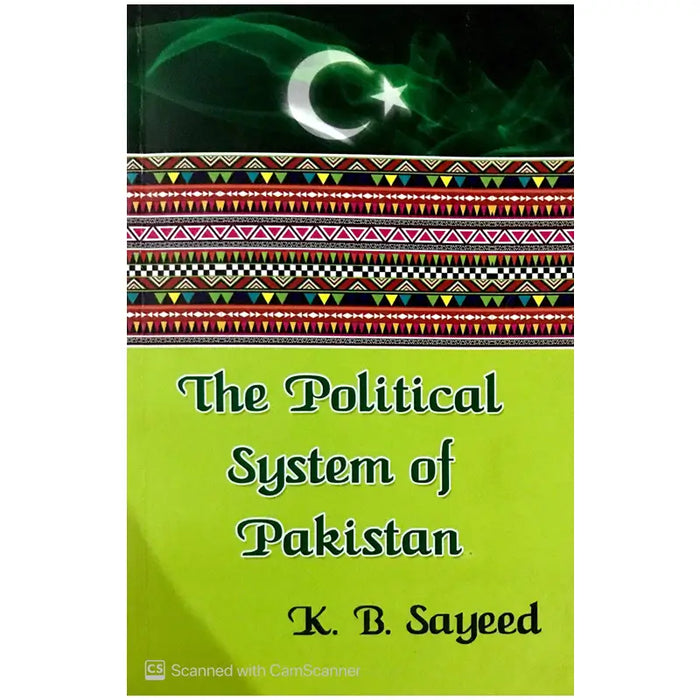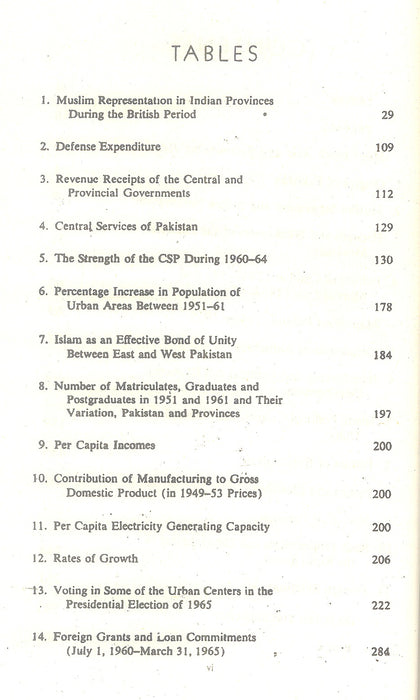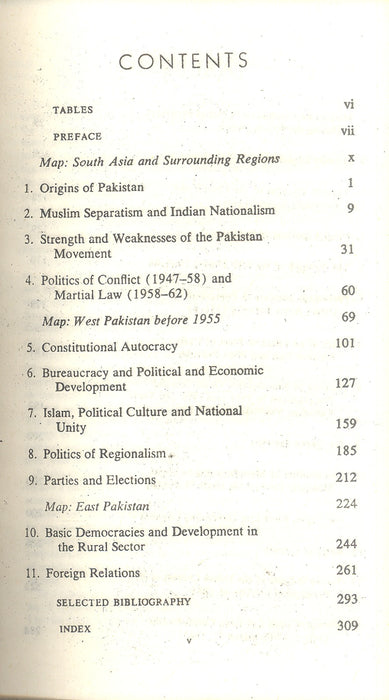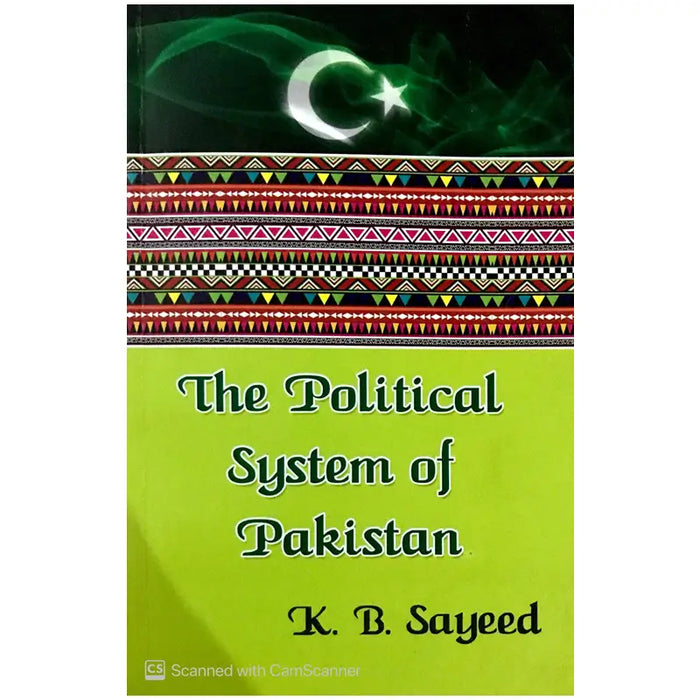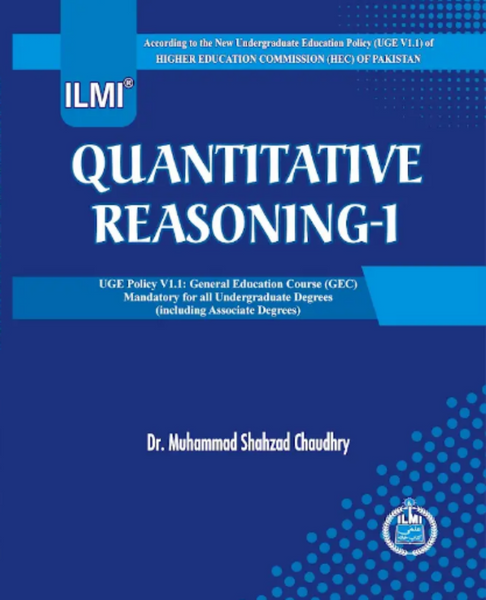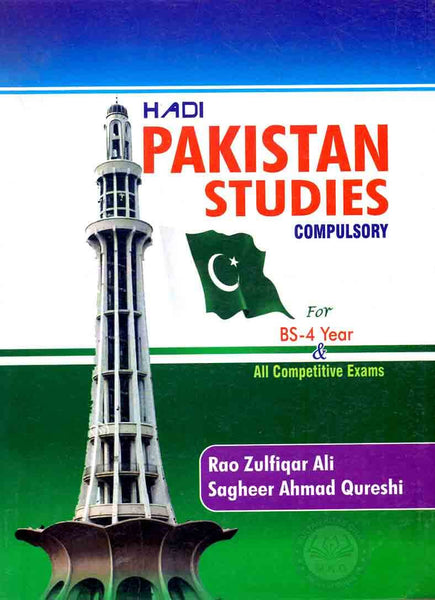The Political System Of Pakistan by Khalid bin Sayeed
- Publisher: POLITICAL SCIENCE
- Availability: In Stock
- SKU: 17109
- Number of Pages: 326
Rs.1,270.00
Rs.1,695.00
Tags: best books , best books online , Best Selling Books , BS M.A , buy online books , CSS , CSS Exam , For CSS , good books , good books online , Governance , k B Sayeed , Khalid bin Sayeed , latest books online , ONLINE BOOKS , online books store , Online Bookshop , online bookstore , onlinebooks , Pakistan Politics , Pakistani Constitution , Pakistani Democracy , Pakistani Economy , Pakistani Government , Pakistani History , Pakistani Society , Political Analysis , Political Challenges , Political Culture , Political Development , Political Discourse , Political Dynamics , Political Environment , Political Institutions , Political Issues , Political Leadership , Political Participation , Political Parties , Political Perspectives , Political Power , Political Processes , Political Reform , Political Research , Political Science , Political Sociology , Political Stability , Political Studies. , Political Systems , Political Theory , The Political System Of Pakistan
The Political System of Pakistan by Khalid bin Sayeed is an authoritative guide that delves into the complex structure and evolution of Pakistan's political landscape. Aimed primarily at students pursuing degrees such as BS, MA, ADP, and ADS, this book provides an in-depth exploration of the historical foundations, institutional frameworks, and contemporary challenges of Pakistan's political system. The author meticulously covers the dynamics of political parties, the role of the military, and the influence of religion in the country's politics. By examining key political developments and constitutional changes, Khalid bin Sayeed presents a nuanced understanding of how power is exercised and contested in Pakistan. This comprehensive text is an essential resource for students and scholars interested in South Asian politics, providing valuable insights into the forces shaping Pakistan's governance and its implications for regional stability.
Key Points:
-
Historical Context: The book traces the political history of Pakistan, starting from its creation in 1947, and explains how historical events have shaped the current political system.
-
Institutional Framework: Discusses the structure and functions of key political institutions in Pakistan, such as the executive, legislature, and judiciary, highlighting their roles and interrelationships.
-
Political Parties and Elections: Analyzes the role of political parties in Pakistan, their evolution, electoral processes, and how these impact the country's democratic setup.
-
Civil-Military Relations: Provides a detailed examination of the military's significant influence in Pakistan's politics, covering periods of martial law and the impact of military interventions on civilian governance.
-
Role of Religion in Politics: Explores how religion influences the political system, including the integration of Islamic principles into state policies and the challenges of balancing religion with democracy.
-
Constitutional Development: Reviews key constitutional amendments, including the 1973 Constitution, and discusses how constitutional changes have impacted the distribution of power in the country.
-
Social and Economic Challenges: Highlights how political instability, economic disparities, and social issues like ethnicity and provincial autonomy affect Pakistan's political landscape.
-
Governance Issues: Analyzes issues of governance, corruption, and policy-making that have hindered Pakistan's progress towards political stability and development.
-
Comparative Analysis: Offers a comparison between Pakistan’s political system and other South Asian countries, providing context for understanding regional political dynamics.
-
Educational Focus: The book is specifically designed for students, making it an excellent resource for academic courses on political science, particularly for BS, MA, ADP, and ADS programs.
Conclusion:
Khalid bin Sayeed's The Political System of Pakistan is an essential text for understanding the complexities of Pakistan’s governance and political environment. By combining historical analysis with contemporary issues, it serves as a comprehensive resource for students and scholars of political science. The book not only enhances the reader's knowledge of Pakistan's political structure but also provides critical insights into the challenges facing the country's democracy and governance.
════ ⋆★⋆ ═══
Writer ✤ Khalid bin Sayeed

